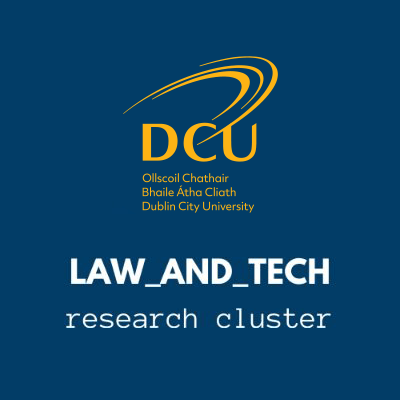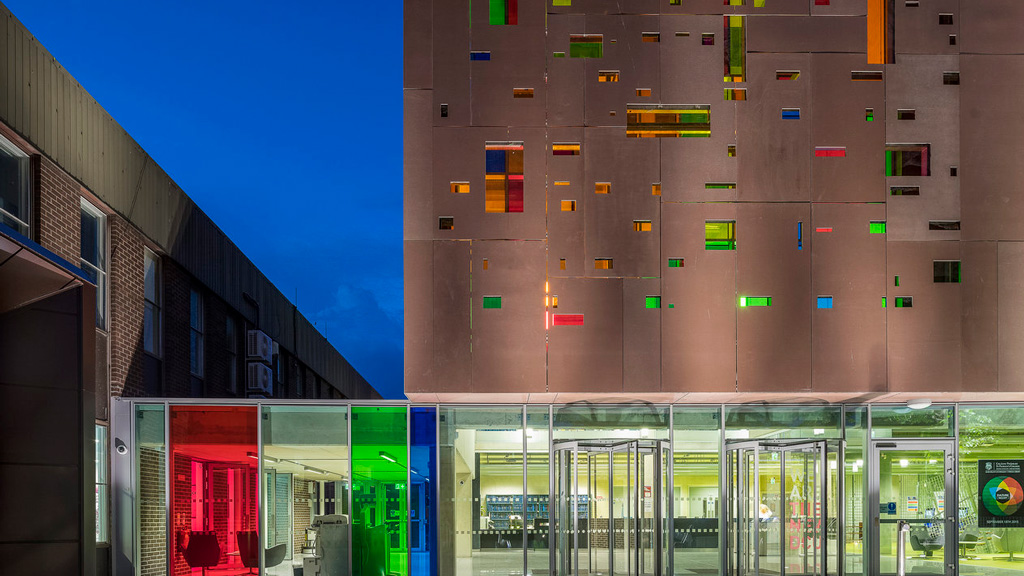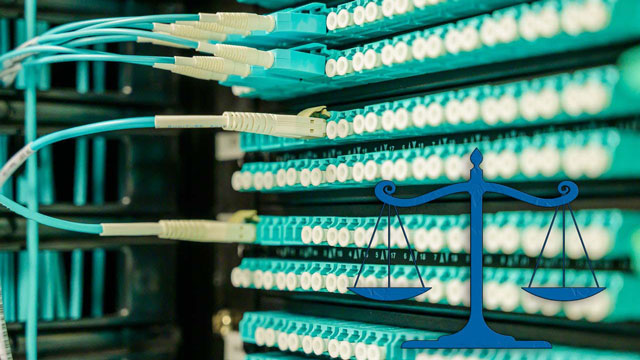The British and Irish Law, Education and Technology Association (BILETA) warmly invites individuals to attend and participate in its 39th Annual Conference hosted by Dublin City University’s Law and Tech Research Cluster in partnership with the Law Society of Ireland and with the support of the Erasmus Mundus Master in Law, Data and AI (EMILDAI) and the ADAPT Centre for AI-driven Innovation.
As usual, the BILETA Annual Conference aims to foster critical and topical discussions on the future of law, technology and legal education. Papers are welcome from academics, researchers, practitioners, postgraduate students, those in business or practice, activists and anyone else with an interest in technology in the law (broadly construed) and legal education. Participants are welcome from any country to enjoy the scholarly, social and cultural experience of BILETA.
In 2024, the BILETA Annual Conference will return to the island of Ireland, this time convened in the premises of Dublin City University’s historical St Patrick’s Campus, located in Drumcondra, in the northern part of Dublin. Although the conference is fully hybrid, we hope to meet you in person here to enjoy the BILETA experience and the vibe of Dublin.
The theme of this year is ‘Digital and Green’. July 2023 recently made the record as the hottest month on Earth since temperatures have been measured. Climate change has become a tangible reality and a plurality of actors, ranging from supranational institutions to civil society, is mobilising to fight the nefarious consequences of global warming. Digital technology is considered to be a strategic ally to achieve environmental sustainability. Digitalisation can enhance the possibility to measure and predict the effects of human activities as well as to allow for a better management of resources. Yet, the increasing use of digital technologies itself has an environmental impact. For example, data centres consume enormous amounts of electricity; keeping the pace of technological innovation may determine an increase of waste; technological equipment is made of rare materials whose extraction affects unique ecosystems. Are the digital and green transformations really two twin transitions? How can digitalisation help the environment without further impacting it? Can the current climate change justify an appeal to a systematic digital degrowth? How are supranational institutions, national governments and local authorities reacting?
BILETA invites the submission of abstracts of maximum 500 words using the Oxford Abstracts portal by 8th January 2024. The conference will be organised around a number of parallel sessions. Abstracts can be related to the broader theme of the conference or present original research in one of the following themes:
- Privacy and data protection
- Surveillance
- Artificial Intelligence
- Legal education and technology-enhanced teaching and learning
- Intellectual property law and technology
- Cybercrime and cyber security
- Internet regulation and governance
- E-commerce
- E-democracy and e-government
- Communications law and regulation
- Future technologies and the law
- Human rights and technology
- Sustainability, energy, technologies and the law.
Information about the conference is on the BILETA website, and if you have any further questions please email bileta@dcu.ie.




